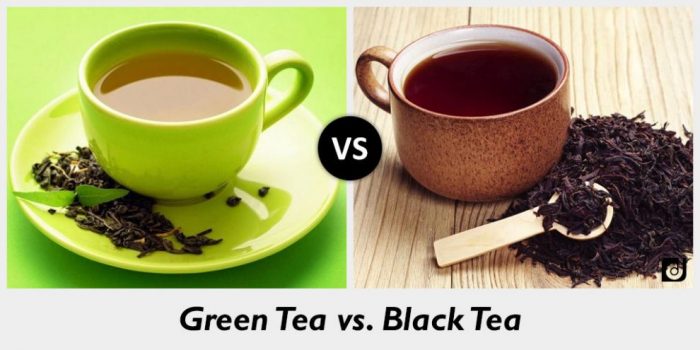Introduction
In the comforting warmth of a cup of tea lies a secret to better health: antioxidants. Tea, particularly green tea, is a treasure trove of these protective compounds, from the potent catechins to the soothing flavonoids. This article takes you on a journey through the world of antioxidants in tea, revealing how these natural warriors can contribute to your overall well-being.
1. The Magic of Antioxidants
Free Radicals and Oxidative Stress: Understanding the role of free radicals and the damage they cause in the body.
Antioxidants to the Rescue: Antioxidants neutralize free radicals, preventing oxidative stress and its harmful effects.

2. Tea as an Antioxidant Powerhouse
Catechins: The Superheroes of Tea
- Epigallocatechin Gallate (EGCG): Exploring the most potent catechin and its impressive health benefits.
- Epicatechin (EC): Another vital catechin that plays a role in heart health and more.
3. Flavonoids: The Soothing Protectors
- Quercetin: A flavonoid found in tea that offers anti-inflammatory and immune-boosting properties.
- Kaempferol: Kaempferol contributes to heart health and may have anti-cancer effects.
4. Green Tea vs. Black Tea
Green Tea: Known for its high catechin content, green tea is celebrated for its potential health benefits, including weight management and improved brain function.
Black Tea: While less potent in catechins than green tea, black tea offers its array of antioxidants and boasts potential heart health advantages.
5. White Tea and Oolong Tea
White Tea: Delicate and minimally processed, white tea retains a significant antioxidant profile that supports skin health and may have anti-cancer properties.
Oolong Tea: This partially fermented tea offers a balance of catechins and theaflavins, contributing to digestive health and metabolism.
6. Herbal Infusions
Rooibos Tea: An herbal infusion with powerful antioxidants that may support heart health and alleviate skin conditions.
Chamomile Tea: Chamomile is packed with antioxidants like apigenin, known for its anti-inflammatory and calming effects.
7. Beyond Antioxidants: Health Benefits
Heart Health: Tea’s antioxidants contribute to improved cardiovascular health by reducing blood pressure and cholesterol levels.
Brain Function: Catechins may enhance brain function and reduce the risk of neurodegenerative diseases.
Weight Management: Green tea and its catechins can help with weight management and fat loss.
Cancer Prevention: Antioxidants in tea may play a role in cancer prevention, particularly in reducing the risk of certain types of cancer.
8. Preparing the Perfect Cup
Brewing Tips: Learn how to brew the ideal cup of tea to maximize antioxidant content.
Varieties and Tasting Notes: Explore different tea varieties and their unique flavors.
9. The Best Time to Sip
Morning Pick-Me-Up: Starting the day with a cup of tea for a gentle caffeine boost and antioxidant intake.
Afternoon Relaxation: Afternoons are perfect for a soothing cup of tea, which can help with stress reduction.

10. The Enjoyable Habit That Nourishes
In the gentle ritual of sipping tea, we find not just comfort but also a source of well-being. Antioxidants in tea, from catechins to flavonoids, are our allies in the fight against free radicals and oxidative stress. As you raise your cup to your lips, remember that you’re also raising your shield against the wear and tear of daily life. Food is not just sustenance; it’s medicine and nourishment for body and soul.




